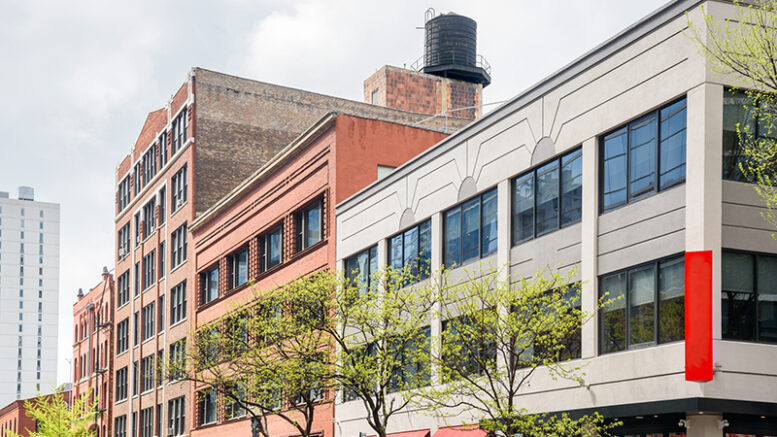An insurer has issued a stark warning about the potential dangers of the growing trend to convert commercial buildings into residential properties, cautioning that poorly executed projects could result in uninhabitable homes.
The analysis by Zurich UK highlights a 20% year-on-year increase in applications to convert commercial spaces into homes, following companies downsizing their office footprints. Since 2015, over 89,500 homes have been developed from former commercial buildings under relaxed planning rules intended to reduce red tape.
Surge in conversions raises concerns
The relaxation of planning legislation in March, a policy introduced by the previous Conservative government, has made it easier to repurpose commercial buildings into residential units. While this initiative aims to alleviate the UK’s housing shortage, Zurich UK warns that without proper design and construction, these conversions could create homes unsuitable for future climate conditions.
Paul Redington, Zurich’s Major Loss Property Claims Manager, stated: “Increasing the UK’s housing stock is vital and understandably high on the government’s agenda. However, it’s important that conversions are well-designed and well-built-for example, including cooling features to avoid creating homes that overheat and suffer other issues, such as the escape of water.”
Climate challenges and construction flaws
Despite a seemingly mild summer in 2024, Europe has experienced prolonged periods of extreme heat, continuing a pattern of higher temperatures and longer warm spells. Academics at the London School of Economics (LSE) caution that over half of UK homes are at risk of overheating, a situation likely to worsen.
Many commercial buildings are located in densely built-up areas, making them more susceptible to the ‘urban heat island’ effect, where temperatures are higher, and the risk of flash floods from heavy downpours increases. Zurich reports a high volume of water damage claims from poorly designed office-to-residential conversions, often due to substandard plumbing systems not intended to handle multiple kitchens and bathrooms.
Calls for higher standards in conversions
Tony Mulhall, Senior Specialist in Planning & Development at the Royal Institution of Chartered Surveyors (RICS), emphasised the need for careful consideration in repurposing commercial properties. He said: “It is important to enable the re-use of buildings no longer needed for their original purpose to a use for which there is a fundamental need, but the buildings need to be fundamentally suitable for such conversions.
“Additionally, the residential standards applied need to ensure we don’t create problems in the future, especially with increasing temperatures predicted. Natural light and ventilation are just two of the key standards that need to be met, but there is one often neglected-direct access to external space such as a balcony.”
Mulhall also noted that developers relying on Permitted Development Rights to convert properties might wish to avoid the planning permission regime, but this could lead to inadequate living conditions for residents.
As the UK faces a severe housing shortage and rising property values, the push to convert under-utilised commercial spaces into homes is understandable. However, both industry experts and insurers are urging developers and investors to prioritise quality and sustainability in these projects.




